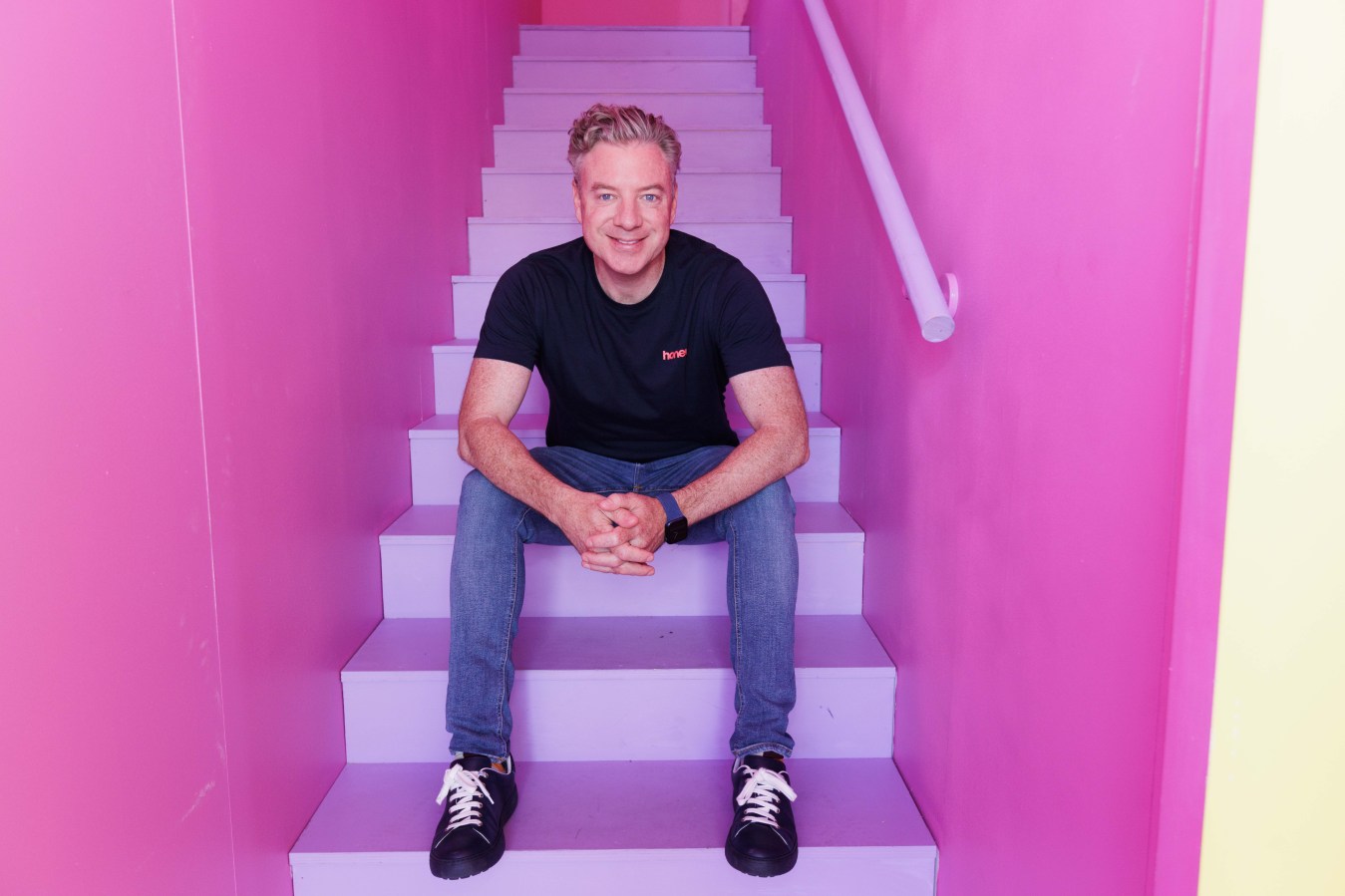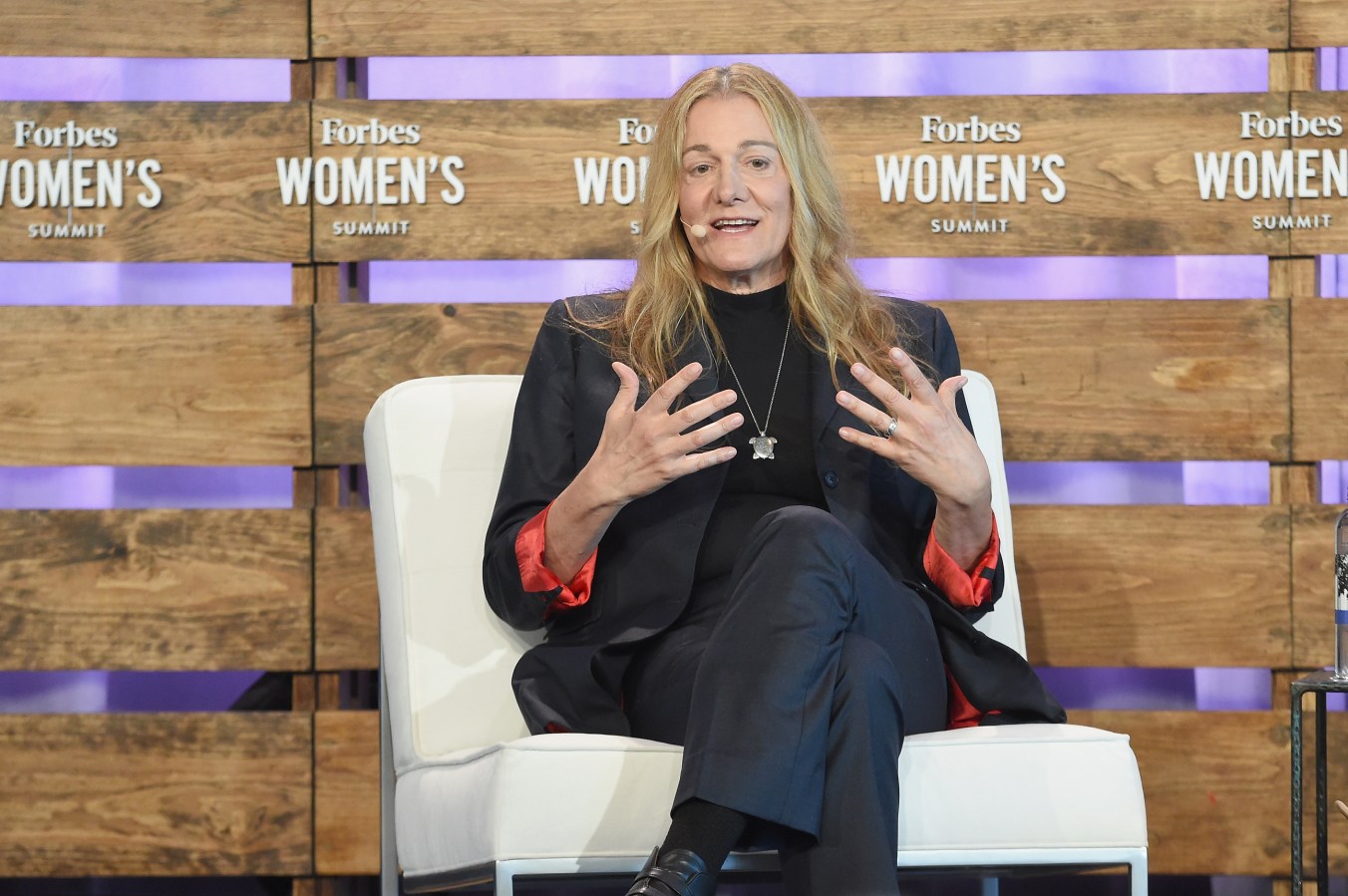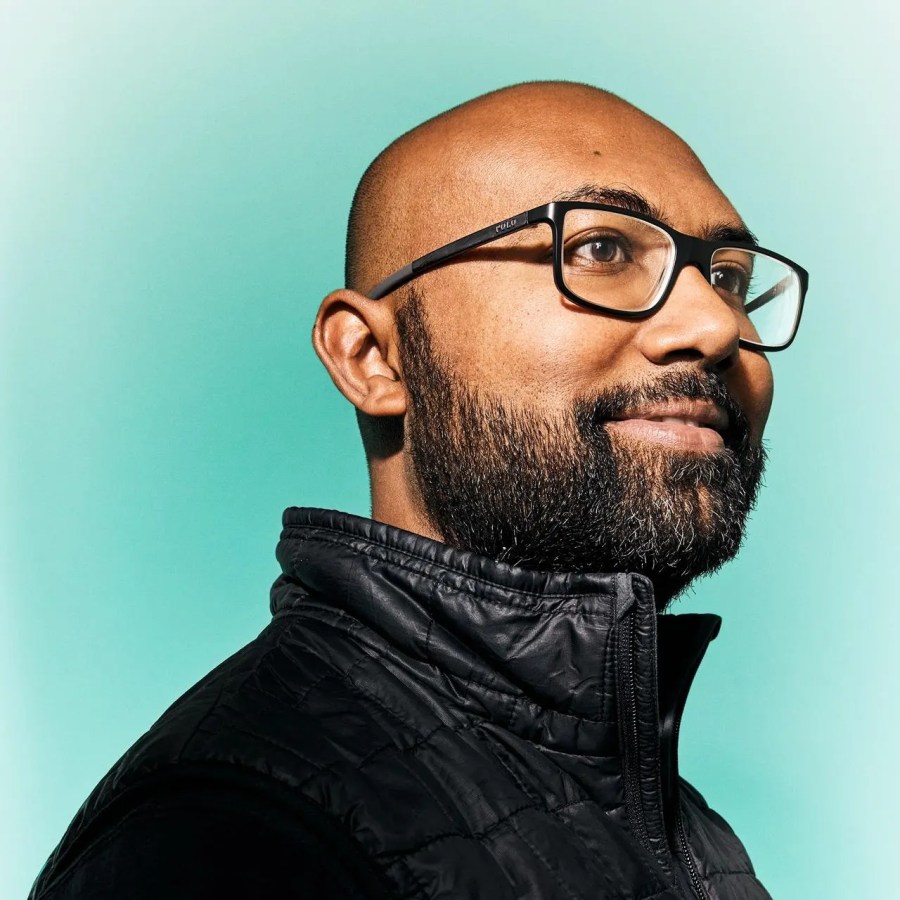Chanel Contos was just 21 years old when she started the Teach Us Consent movement. The activist shares her knowledge on how to build a social impact platform.
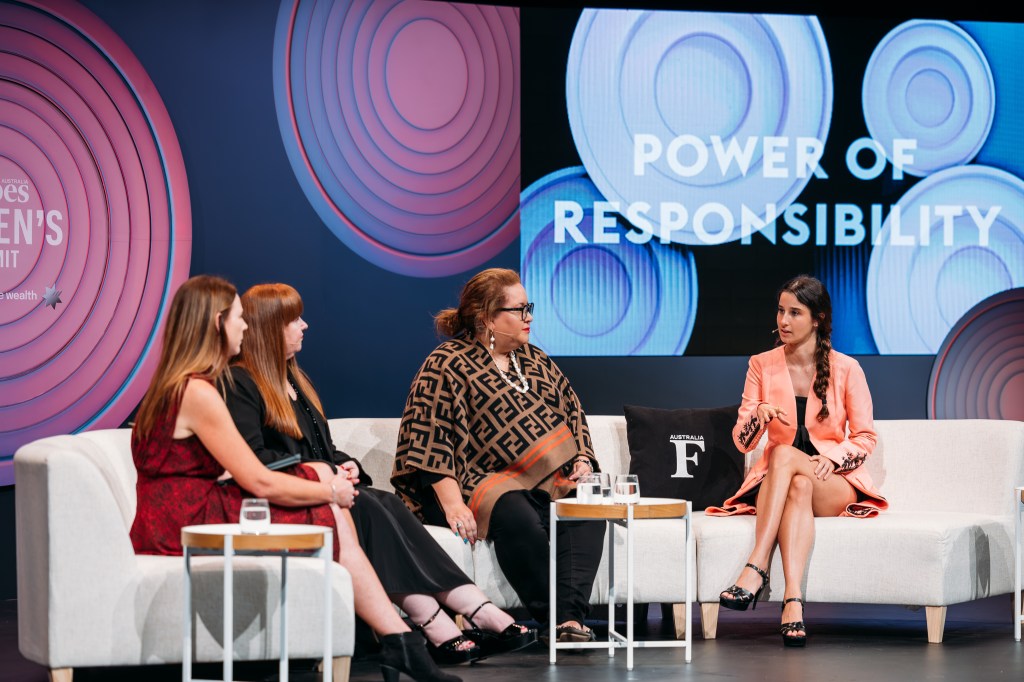
Defined as ‘permission to do something, especially given by somebody in authority,’ the term ‘consent’ theoretically sounds simple.
“Consent is the most simple concept in the world. And then, if you think about it too much, a really complex concept,” Chanel Contos says.
Contos brought the term consent to the forefront of discussion in Australia. Her book, Consent Laid Bare, was released late last year and has sold more than 10,000 copies according to publisher Pan Macmillan. Two-and-a-half years before the release of the book, Contos made national headlines for her petition and resulting movement within Australian schools called Teach Us Consent.
Some 6,700 people sent Contos information on their experiences with sexual assault, and 45,000 people signed the petition. Learning about consent is now a mandatory part of Australian primary and high school education.
“It’s way more socially acceptable to say or do things that contribute to rape culture than it is to call it out,” Contos says. She has just returned to Sydney from London where she lives part-time.
“I was living in London when I started Teach Us Consent and I think that was a massive confidence boost in me being able to talk about it.”
The ‘it’ she is talking about, is the sexual assault Contos experienced as a teenager in Australia. She started discussing what she went through while studying a masters degree in gender and education at University College London. Having some distance from her homeland helped give Contos the courage to speak up.
“It was also COVID. The risk of running into someone on a night out who wasn’t going to agree, was just kind of not there anymore. I was on the other side of the world and I think I felt a bit protected being on the other side of the world, which is also something I still find protection in – and a reason I still spend so much of my time in London, even years on.”
Contos says it was a moment of anger about her own sexual assault that inspired her to ask others via social media if they had been through similar experiences.
“It was an overwhelming feeling of injustice and a desire to create an accountability stream. It felt as though the only way that these boys who did these things to me, and my friends, were going to feel any responsibility, was if I took it upon myself to create that avenue. Nothing else felt feasible,” says Contos.
Advice for building a social movement
Contos says she learned a lot from creating a platform around consent. She advises other social entrepreneurs to surround themselves with people passionate about the issue.
“Establish an advisory committee, or a group of people with different bits of expertise, who are passionate about the movement, and willing to lend their expertise on strategy and decisions,” says Contos.
She also advises people building a movement to think through the structure of the platform and potential legal ramifications.
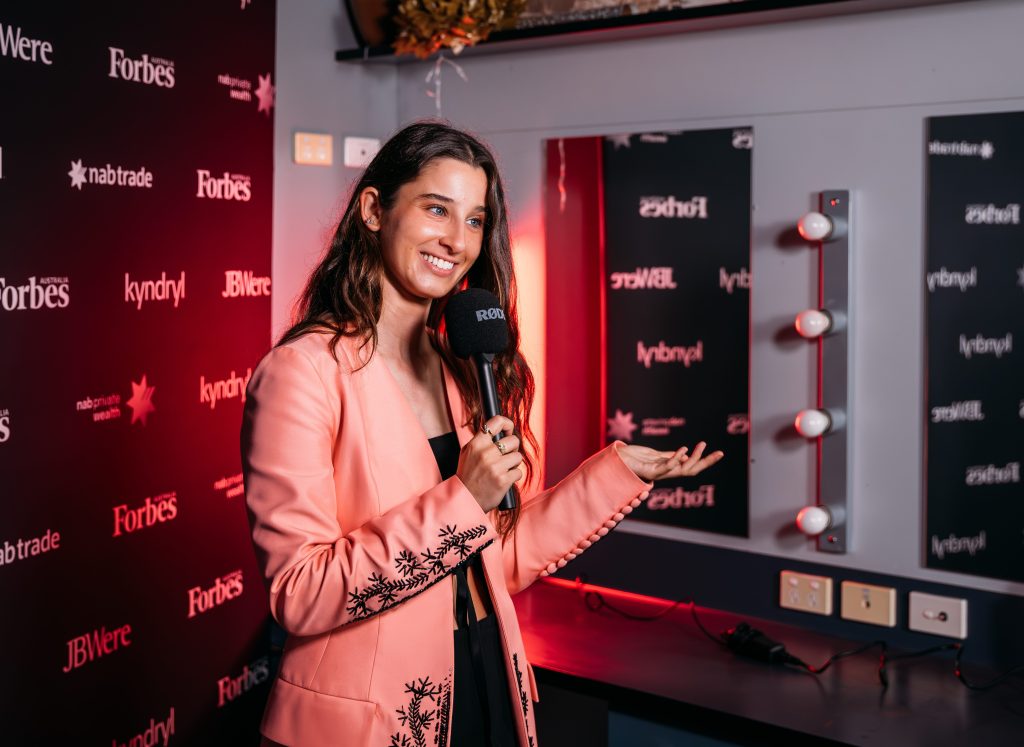
“I didn’t know about defamation laws when I started the campaign. So get legal advice. We did [eventually] set it up as a nonprofit. It was a website before it was even a company – and the website was published under my name and the web developer’s name. With hindsight, that’s something we would have put through the company,” says Contos.
Another lesson Contos has learned over the last three years, is to lean in to monetising her time as the leader of the movement.
“This is my platform, this is my business, and I have every right to earn a living off it.”
Chanel Contos
“Don’t be scared to make money doing social good. That’s such a taboo, for some reason. Charging for speaking was something that took me a long time to start doing. This is my platform, this is my business, and I have every right to earn a living off it, even though there’s this idea that if you’re doing charity, it should be for free and for selfless reasons. We should be happy to pay someone who’s doing good,” says Contos.
The final piece of advice Contos has for people interested in building social impact movements is to think systemically.
“Be ruthless with systems and kind with people,” says Contos. “It’s the quote that opens my book.”
To create a dialogue around consent in Australia, Contos made the decision not to publish the individual names that were involved in the sexual assaults that she received information about. Aggregating that data and looking at the issue from a systemic perspective enabled the movement to push forward, she says.
“That is really what’s needed here when we’re talking about responsibility – to not blame individuals. There was just something that I instinctively knew – if I tried to single out individuals, nothing was going to change, or that they were going to be scapegoated. This is a responsibility that falls on all.”
Look back on the week that was with hand-picked articles from Australia and around the world. Sign up to the Forbes Australia newsletter here or become a member here.
